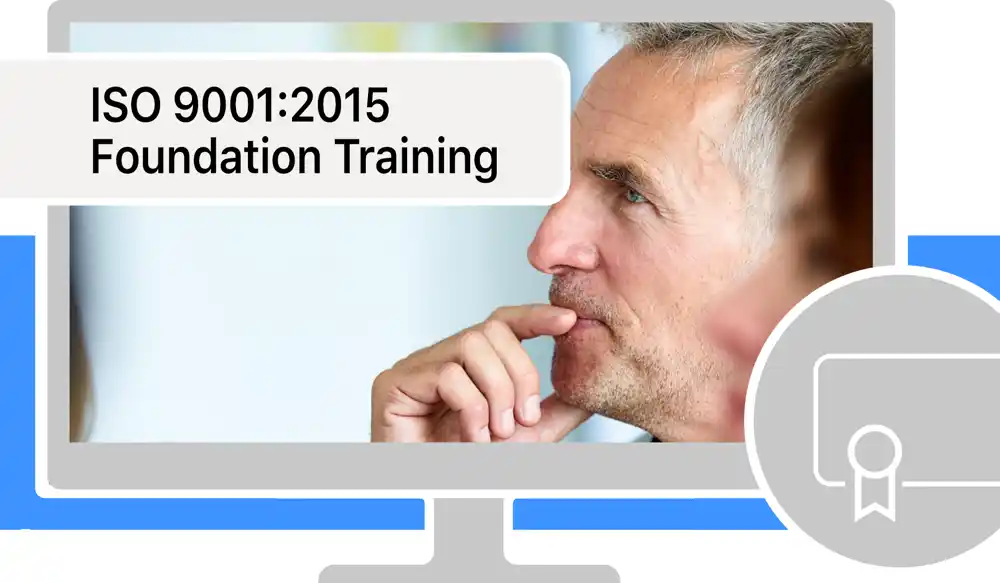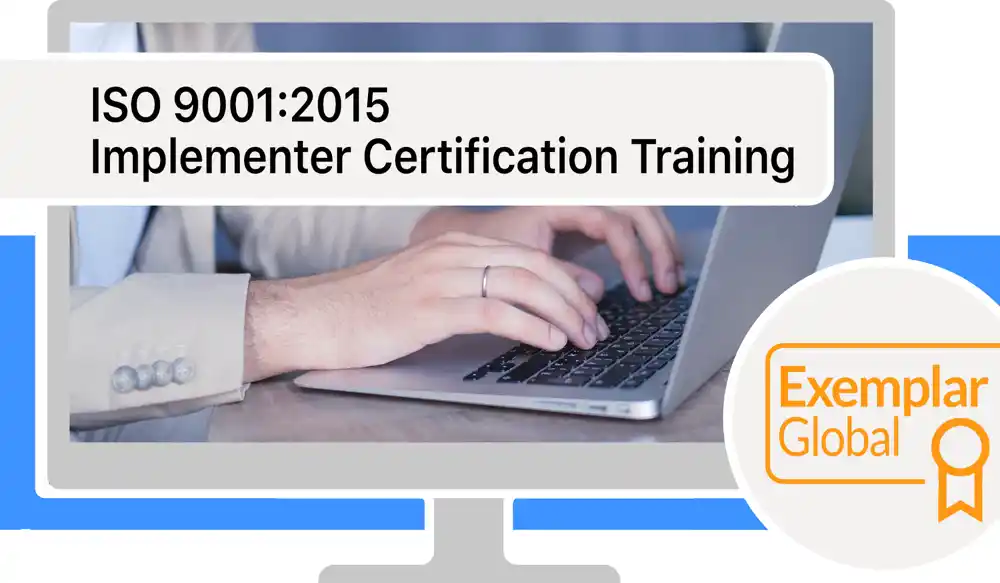What is Annex SL?
9 September 2021
Learn about Annex SL, the standardized format for ISO management system standards. Discover its structure, benefits, and which ISO standards use it. The high-level structure simplifies the implementation of multiple standards within an organization.
The aim of Annex SL is to create consistency and alignment between ISO's various management standards. This creates efficiencies when integrating two or more standards. And for the technical committees working on the standards, the harmonized approach streamlines the development and periodic revision.
All ISO standards based on Annex SL show the following common elements:
Identical numbering system
Same clause titles
Identical text for common requirements
Common terms and core definitions
What Does It Look Like?
All management system standards applying Annex SL are laid out as follows:
Clause 0: Introduction
Clause 1: Scope
Clause 2: Normative references
Clause 3: Terms and definitions
Clause 4: Context of the organization
Clause 5: Leadership
Clause 6: Planning
Clause 7: Support
Clause 8: Operation
Clause 9: Performance evaluation
Clause 10: Improvement
How Do You Benefit from Annex SL?
There are two scenarios where you can benefit from Annex SL: (1) when implementing or auditing more than one management standard, and (2) when a standard is revised.
Prior to the common high-level structure (HLS), combining ISO 9001 with another standard was either difficult or inefficient. Even though there have always been numerous common requirements, the lack of consistency in structure, terms and wording prior to Annex SL complicated the detection of commonalities, leading to duplication in implementation, work processes, and auditing alike.
Similarly, a standard's periodic revision frequently resulted in a new structure and new wording, making it difficult to detect material changes when updating an organization's management system.
Annex SL has improved and streamlined the combination and revision processes.
Criticism
Annex SL is not without its critics.
First and foremost, Annex SL is accused of stifling innovation. Since the initial publication and revision of ISO's standards must fall within the framework of the high-level structure, it's not possible to abolish certain elements or add others. For example, it wouldn't be possible to eliminate the ISO 9001 requirement for a quality policy (clause 5.2) as frequently demanded.
Then there is the issue of flaws within Annex SL that now spread to every management system standard. A prime example is the confusing term "documented information" which is used to refer to both documents and records.
Another problem with Annex SL is that it can result in requirements that add no value to the organization. This issue usually doesn't concern ISO 9001 since the quality management standard as ISO's core standard dictated the development of Annex SL. As an example, the requirement to define management system processes and their interaction (clause 4.4) makes sense for ISO 9001 but doesn't work for ISO 14001 (environmental management system).
Which Standards Use Annex SL?
The International Organization for Standardization (ISO) has set itself the goal to implement Annex SL for all new and revised "Type A" management system standards. Type A are the kind of standards that include conformance requirements and allowing an organization to get certified against, whereas Type B standards are merely guidance or support documents.
Currently more than a hundred standards employ the Annex SL high-level structure, including the following:
ISO 9001:2015 – Quality Management Systems
ISO 14001:2015 – Environmental Management Systems (compare ISO 14001 vs. ISO 9001)
ISO 21001:2018 – Management Systems for Educational Organizations
ISO 22000:2018 – Food Safety Management Systems (compare ISO 22000 vs. ISO 9001)
ISO 27001:2013 – Information Security Management Systems (compare ISO 27001 vs. ISO 9001)
ISO 45001:2018 – Occupational Health and Safety Management Systems
ISO 46001:2019 – Water Efficiency Management Systems
ISO 50001:2018 – Energy Management Systems
ISO 55001:2014 – Asset Management Systems
A complete list is published by the International Organization for Standardization.


